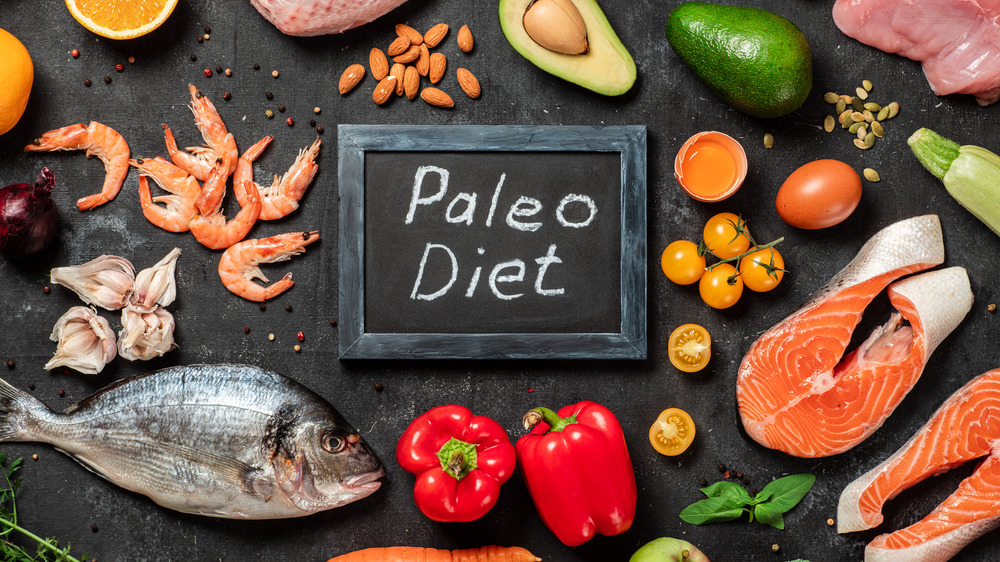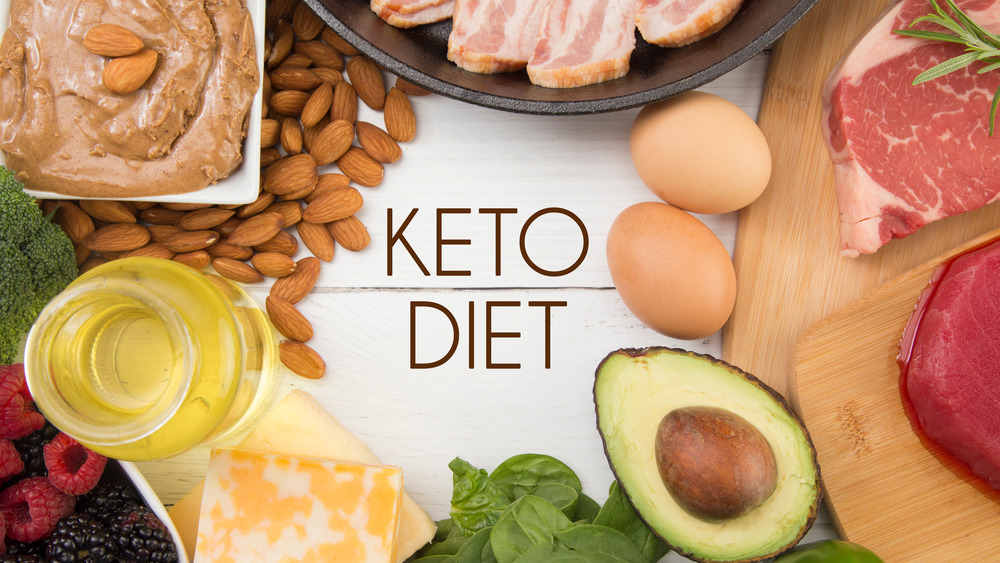Keto Diet Vs Paleo Diet: Which One Is Better For You?
Ten years ago, the dietary trend on the streets had everyone talking about 'going paleo.' A few years later people started declaring themselves keto, often explaining that it's like paleo, but different. As each involves particularities in what types of food can and can't be consumed, knowing which has the most benefits can be an off-putting challenge.
The ketogenic diet drastically reduces carbohydrates consumption and replaces it with fat, including dairy, to trigger a metabolic state called ketosis, in which the body burns fat for energy instead of glucose. The paleo diet emphasizes reverting to the eating practices of early hunter-gatherer humans, and eliminating all foods that humans began harvesting with the advent of farming.
Both diets emphasize increasing 'good fats' and minimizing carbohydrates, while avoiding highly processed foods. But the nuances between the two diets have significant health effects.
The paleo diet
Known as an elimination diet, the paleo diet purports that the human digestive system is not as well equipped to break down foods that we cultivated later in our evolution. According to proponents of the diet, these farmed foods, grains, and other cultivated foods like legumes and dairy, have contributed to a prevalence of digestion issues, food allergies, and inflammation.
"The paleo philosophy is based on the 'evolutionary discordance hypothesis,' the idea that getting away from the eating and activity habits of our ancestors creates a mismatch between genes and lifestyle, contributing to the rise of chronic health problems we see today," Nina Young, wellness education specialist at Facey Medical Foundation, told US News.
Foods promoted on a paleo diet include unlimited amounts of organic fruits and vegetables, and moderate consumption of wild or grass-fed meat, wild-caught fish, and organic, free-range eggs. Also allowed are healthful fats like nut oils, butter, olive oil, and avocados.
A paleo diet can lead to weight loss and better blood sugar control, thereby increasing overall digestive health. It is also generally considered a more sustainable lifestyle shift than a keto diet.
The keto diet
The keto diet has a medical origin, having been "used to treat drug-resistant epilepsy for the past 100 years," according to Young. The keto diet triggers the body into burning fat to fuel activity and weight loss, rather than having to first get past a wall of glucose. According to Medical News Today, in true ketosis, the liver will take stored fat and turn it into ketones, which the body then uses for energy.
Encouraging a balance of 70 to 80 percent fat consumption, 20 to 25 percent protein, and 5 to 10 percent carbohydrates (from certain vegetables, fruits, or berries only) proponents of the keto diet claim that benefits include rapid weight loss as well as reduction in the risk of heart disease and diabetes.
However, because it's so restrictive, keto is better as a short-term diet for reaching weight goals or addressing medical issues, and should be practiced in consultation with a trusted practitioner.



